Cow dung as fuel in the Aberdare Range, Kenya
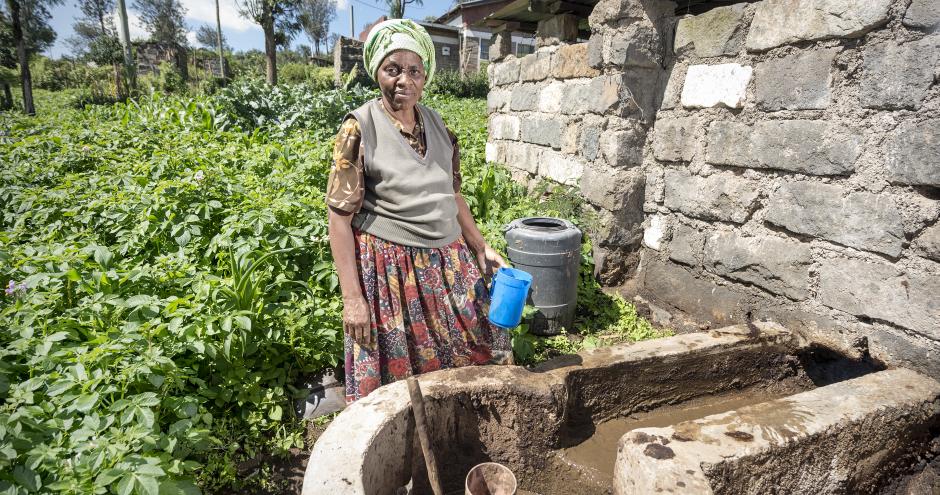
Summary
This solution, whose implementation began in 2009, consists of using cow manure to generate biogas through household biodigesters, supported by the Kenya Biogas Programme. Its objective is to help local farmers reduce their dependence on firewood and fossil fuels as energy sources, thus reducing both the economic expenses for families and the impact on local forests resulting from fuelwood harvesting.
Nyandarua County is located in central Kenya, just north of the capital, Nairobi. The county is home to the Aberdare Range, a mountain range with beautiful valleys and striking waterfalls. However, the area is experiencing the negative effects of climate change, such as increasing temperatures and changes in weather patterns, and the county faces both prolonged dry spells and flooding caused by intense rain events.
Crop productivity in Nyandarua County is low and is linked to a high incidence of pests and diseases and other climate-related risks, especially heavy rainfall or lack thereof. The majority of the people in this community are engaged in dairy farming, an activity that is greatly affected by periods of drought, resulting in shortages of water and pasture for the animals. Therefore, the implementation of household biodigesters has been identified as a key opportunity for farming families to produce their own energy for cooking and other uses, to increase the productivity of their farms, and to reduce additional impacts on the already vulnerable forests.
Overview
- Location:
- Implementation sites:
- Single country
- Single location
- Mountain region:
- Aberdare Range
- Province:
- Nyandarua County
- Solution scale:
- Ecosystem type(s):
- Solution type(s):
- Sector(s):
- Climate impact(s) addressed:
- Impact time-scales:
- Co-benefits:
- Implementation timeline:
- 2009
Solution details
Main beneficiaries & outcomes
Across the country, the KBP program has built 17,000 biodigesters since 2009, and by 2020, 88 percent of them were operational (Gold Standard n.d.). The project will also be extended to Nyandarua’s neighboring counties of Nyeri and Taita-Taveta, and the plan is to reach 5,000 households in the three counties combined by 2022.
The farmers in Nyandarua county who own biodigesters were able to stop using firewood in their kitchens. This not only helps the families to reduce their daily workload but improves their respiratory health due to reduced indoor pollution. Due to the existing gender roles, this reduction is most beneficial for women and girls in rural settings, as they are mostly responsible for cooking and collecting charcoal and firewood.
Biogas has enabled households to make savings of approximately 4,000 Kenyan Shillings per month on firewood and charcoal. Dairy farmers continue to benefit from selling their milk and they also get a better alternative for cooking.
Finally, the program has reduced deforestation by an estimated 23,042 hectares in the country and, thanks to the utilization of slurry, is helping to improve soil conditions and the fertility of the areas surrounding the homes where the biodigesters are used.
Planning and implementation
The Ministry of Interior and Coordination and the Ministry of Livestock provide extension services to farmers to reduce pressure on the already fragile environment, including support for domestic biogas initiatives.
In the case of the Kenya Biogas Program (KBP), the implementing entity, it is a component of the Kenya Africa Biogas Partnership Program, a public-private partnership between Hivos, Netherlands Development Organization (SNV), and the Directorate General for International Cooperation (DGIS) of the Dutch Ministry of Foreign Affairs. Working in collaboration with authorities, installation companies, and farmers cooperative societies, KBP oversees the biodigesters construction and gives farmers assistance and training for improved quality.
Finance
The project is supported by the Government of Kenya through the Ministry of Interior and Coordination and the Ministry of Livestock, however, the financing for the installation of the biodigester is provided by the individual farmers themselves, same that can benefit from attractive loans from financial institutions.
Innovation
The zero-grazing system facilitates the collection of cow manure for biogas production. The project has multiple benefits, including reduced pressure on the local environment, reduced health risks related to smoke generation from coal-fired stoves, reduced workload and energy costs, and use of the by-product as a natural fertilizer.
Outlook & Scalability
Barriers and adverse effects
One of the main barriers to the implementation of this solution is the economic costs involved in the installation of biodigesters, however, the program has employed the use of credit partnerships with financial institutions so that buyers (local farmers) can obtain favorable credit opportunities.
Potential for upscaling and replication
The use of biodigesters is already being replicated in various parts of the country since the implementation of the programme in 2009 in partnership with numerous construction enterprises, biogas dealers, and the government.

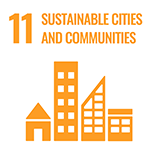
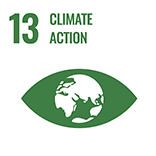
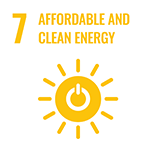
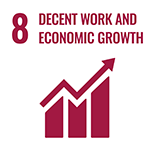
(0) Comments
There is no content